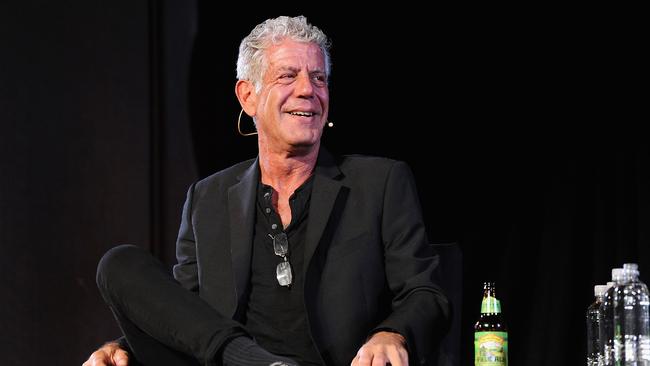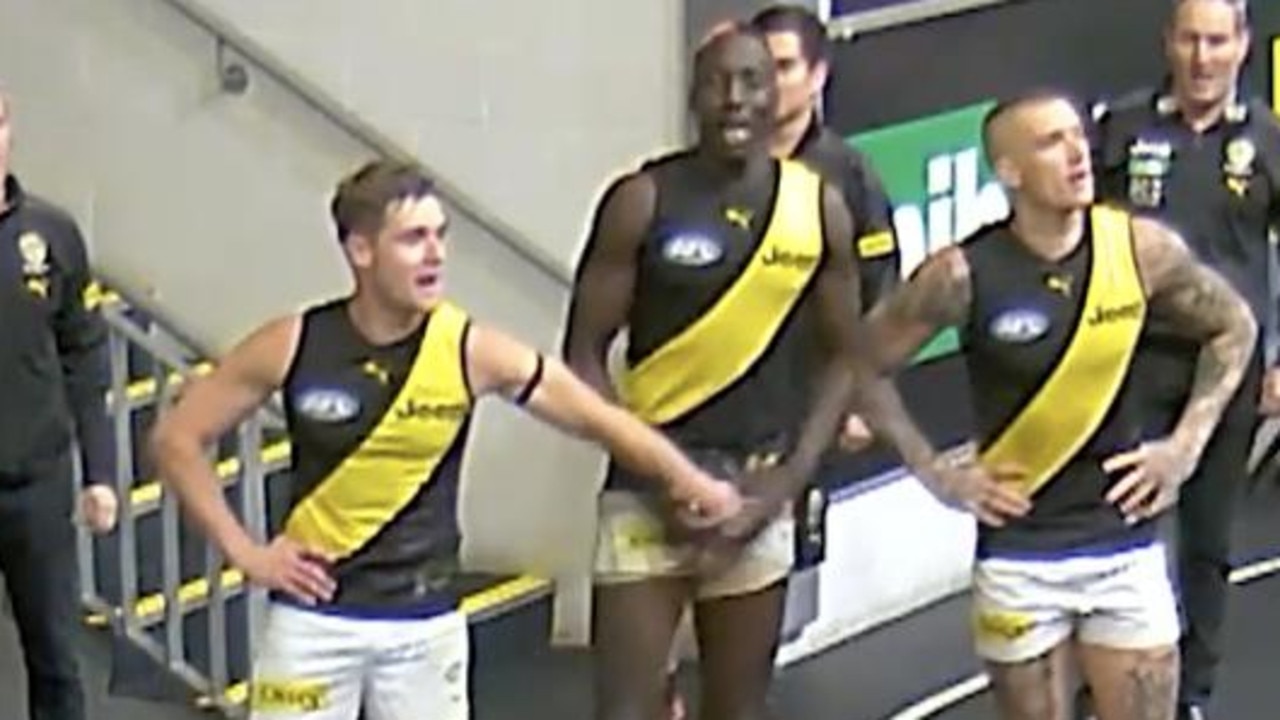Susie O’Brien: Cakeism is just a deepfake
Nomophobia, cakeism, yeet — that’s all supposed to be English according to the word nerds in charge. But Susie O’Brien asks, have the 2018 “words of the year” gone too far?
Susie O'Brien
Don't miss out on the headlines from Susie O'Brien. Followed categories will be added to My News.
Yeet! A toxic single-use tender-age shelter was revealed as a deepfake due to revelations its incel members were involved in cakeism and nomophobia.
That sentence should make perfect sense because it contains many of the 2018 words of the year.
While many dictionaries and word societies make their declarations in December, many key groups waited until this week to declare the word or phrase that summed up the previous year.
Often these linguists get it right and their words perfectly capture a moment in time, such as toxic, single-use, millennium bug, soccer mom and fake news.
MORE SUSIE O’BRIEN: DRUG INJECTING ROOMS SAVE LIVES
INSTAGRAM PICS NOT LIKE REAL MOTHERHOOD
BABY BOOMERS’ BUBBLE HAS BURST
Sometimes we also learn new words that are curiously satisfying. Those include himpathy (a flow of sympathy away from female victims) and cli-fi (science fiction about climate change).
But most of this year’s feted words are ridiculous.
The word nerds are having us on.
I write real good for a living and know heaps of biggerer words than my friends (that’s a joke, by the way), but I’ve not heard of many of these supposedly ubiquitous terms.
For instance, “tender-age shelter” was given top spot by the influential American Dialectic Society to describe a detention centre for the children of asylum seekers. Silly me, I thought it was a new way of describing old folks’ homes — oops, I mean residential facilities for the advanced in age.

The word’s runners-up included “incel”, which describes members of an online subculture who want romantic partners but are unable to find them. In case you’re wondering, it’s a truncation of the words “involuntary celibate”.
And there is “yeet”, which is a declaration of surprise or excitement which I haven’t heard anyone use yeet.
Same goes for “nomophobia”, which was named as the word of the year by Cambridge Dictionary. It’s not an affliction common to parents who can’t say no, but the fear of missing out while your mobile phone is switched off. It comes from the words “no mobile phone phobia”. Trust the English to make up a word no one actually uses as their year-defining statement.
What’s next? Nonophobia, a fear of sounding silly when using the term nomophobia?
If you thought that was bad, consider the words it beat for the top spot: “ecocide”, which describes destruction of a natural environment and “cakeism”, which describes those who want to have their cake and eat it too.
Macquarie Dictionary played it safe, going with the “me too” movement. That makes sense, but I am left wondering about its runners-up, which were “big d-ck energy” and “deepfake”. The former was used to describe the late food writer Anthony Bourdain’s all-knowing masculine swagger and the latter a computer-generated likeness of a person designed to deceive others. That sounds like every “incel” person on Tinder.

Still, at least it’s better than last year’s Macquarie word of the year, which was “milkshake duck”.
Milkshake duck was an internet meme that described something that appeared to be positive but was revealed soon after to be deeply flawed. It was based on a duck that looked cute but was actually racist.
The term didn’t take off, but 13 million people shared the picture of the duck drinking from a straw on Twitter.
In the US this year, the Merriam Webster dictionary came up with “justice”, which is fair enough given the lack of it in the US right now. But its finalists included the indescribably awful “pansexual”, “feckless” and “lodestar”.
Interestingly, the first ever word of the year from 1990 was “Bushlips” which was a play on the word bullsh-t and a way of recognising the insincere political rhetoric of then US President George H W Bush.
Much more enduring are the “Bushisms” from his son, which included gems such as, “I think we agree the past is over” and “They misunderestimated me”.
I’ll leave you with “ze”, a gender-neutral pronoun which was Scrabble’s 2018 word of the year. If you use it in a game, no one will know what it means, but you won’t be misunderestimated, because on a triple-letter score it’s worth 33 points.
Susie O’Brien is a Herald Sun columnist - read more here.


